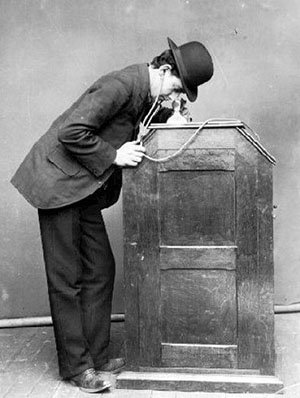FLIM The Evolution of Film: A Brief History
The history of film is a fascinating journey through innovation and creativity, transforming entertainment and storytelling. The story begins in the late 19th century with the invention of motion picture technology. In 1891, Thomas Edison and his assistant, William Kennedy Laurie Dickson, created the Kinetoscope, an early motion picture device. This was followed by the Lumière brothers in 1895, who held the first public screening of films in Paris, using their Cinématographe, which projected films onto a screen.
The early 20th century saw the rise of Hollywood and the establishment of the studio system. Silent films dominated this era, with stars like Charlie Chaplin and Buster Keaton capturing audiences with their expressive performances. The transition from silent to sound films occurred with the release of “The Jazz Singer” in 1927, a milestone that marked the beginning of the “talkies” era.
The 1930s and 1940s were marked by the Golden Age of Hollywood, characterized by glamorous stars, grandiose productions, and a robust studio system. This period produced iconic films such as “Gone with the Wind” and “The Wizard of Oz.”
The post-World War II era saw a shift towards more experimental and diverse storytelling. The 1960s and 1970s introduced the New Hollywood era, with directors like Martin Scorsese, Francis Ford Coppola, and Steven Spielberg redefining cinema with innovative techniques and storytelling.
The 1980s and 1990s brought technological advancements, including the development of digital effects and the rise of blockbuster films. The introduction of CGI revolutionized filmmaking, enabling the creation of visually stunning and imaginative worlds.
Today, the film industry continues to evolve with digital technology and streaming platforms. The rise of platforms like Netflix and Amazon Prime has changed how films are distributed and consumed, making cinema more accessible than ever before. As technology advances and storytelling techniques expand, the history of film remains a testament to human creativity and innovation in the world of entertainment. FLIM



nice